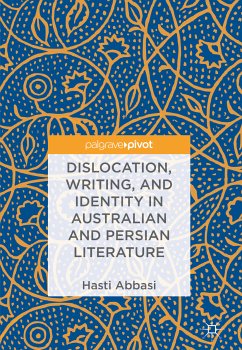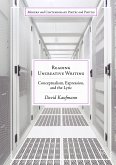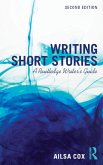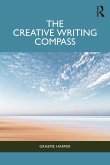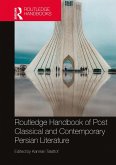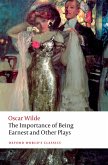This study aims to foreground key literary works in Persian and Australian culture that deal with the representation of exile and dislocation. Through cultural and literary analysis, Dislocation, Writing, and Identity in Australian and Persian Literature investigates the influence of dislocation on self-perception and the remaking of connections both through the act of writing and the attempt to transcend social conventions. Examining writing and identity in David Malouf's An Imaginary Life (1978), Iranian Diaspora Literature, and Shahrnush Parsipur's Women Without Men (1989/ Eng.1998), Hasti Abbasi provides a literary analysis of dislocation, with its social and psychological manifestations. Abbasi reveals how the exploration of exile/dislocation, as a narrative that needs to be investigated through imagination and meditation, provides a mechanism for creative writing practice.
Dieser Download kann aus rechtlichen Gründen nur mit Rechnungsadresse in A, B, BG, CY, CZ, D, DK, EW, E, FIN, F, GR, HR, H, IRL, I, LT, L, LR, M, NL, PL, P, R, S, SLO, SK ausgeliefert werden.

